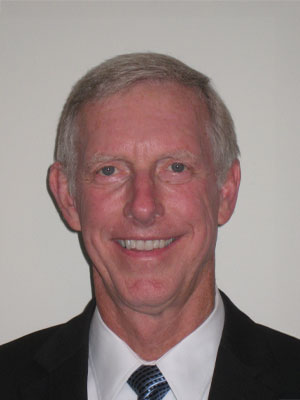Conference Speakers

Frank Butler MD, FAAO, FUHM, FAUAS
CAPT Medical Corps USN (Ret) Consultant in Tactical Combat Casualty Care
Joint Trauma System, Adjunct Professor of Military and Emergency Medicine
Uniformed Services University, Presidential Citizens Medal Recipient 2024
Dr. Frank Butler is a retired Navy Undersea Medical Officer and an ophthalmologist who served as a Navy SEAL platoon commander prior to attending medical school.
He spent most of his 26-year career in Navy Medicine supporting the Special Operations community.
Dr. Butler spent 5 years as a Diving Medical Research officer at the Navy Experimental Diving Unit in Panama City, where he helped to develop many of the diving techniques and procedures used by Navy SEALs today. While there, he supervised the largest experimental oxygen dive series in U.S. history, which significantly extended the Navy’s oxygen diving exposure limits. He also later oversaw the completion of the Navy SEAL decompression computer project, which is now used throughout the U.S. military.
Dr. Butler is the founder of Tactical Combat Casualty Care (TCCC.) He pioneered this concept in 1996 as a product of the Naval Special Warfare Biomedical Research Program and led the TCCC effort until his retirement in 2019. TCCC has now been mandated as the standard for battlefield trauma care throughout the US military.
He helped to establish the Department of Defense’s Committee on TCCC (CoTCCC) in 2001 and served as its Chair from 2008-2019, helping to ensure optimal battlefield trauma care for our country’s wounded service men and women.
In 2003, Dr. Butler served as the Task Force Surgeon for a Joint Special Operations Counterterrorist Task Force in Afghanistan. In 2004, he was selected to serve as the Command Surgeon at the United States Special Operations Command. In 2012, he returned to Afghanistan to help lead a country-wide assessment of the state of prehospital trauma care in US forces serving in that country.
The set of evidence-based, best practice battlefield trauma care guidelines embodied in TCCC has now been recognized as the major prehospital advance in combat casualty care achieved during the recent conflicts in Afghanistan and Iraq. TCCC has been credited with saving the lives of many hundreds of casualties from those wars and units that have trained all of their members in TCCC have reported the lowest incidence of preventable death in the history of modern warfare. TCCC is now the prehospital component of the DoD’s Joint Trauma System and is used by the militaries of most NATO countries and many other allied nations.
TCCC is now also gaining increasing acceptance in civilian prehospital trauma care and its pioneering use of tourniquets and hemostatic dressings was the cornerstone for both the American College of Surgeons Hartford Consensus effort and the White House-sponsored Stop the Bleed program.
Dr. Butler has over 170 publications in the medical literature. He was awarded the Presidential Citizens Medal in 2025 by President Josephs R. Biden. He was also awarded the Distinguished Lifetime Military Achievement Award by the American College of Surgeons in 2020; the U.S. Special Operations Command Medal by Admiral Bill McRaven in 2012; the 2017 Distinguished Service Award from the US Military Health System for lifetime contributions to combat casualty care; the 2017 Letterman Award for Excellence in Battlefield Medicine; the 2018 Rocco Morando Award from the National Association of Emergency Medical Technicians for contributions to Emergency Medical Services; named one of the Top Ten EMS Innovators in America in 2018 by the Journal of Emergency Medical Services; the 2011 Academy of Underwater Arts and Sciences NOGI Award for Distinguished Service to the diving community; the 2010 Auerbach Award for contributions to Wilderness Medicine; the 2007 Norman McSwain Award for leadership in Prehospital Trauma Care; and the first Committee on Tactical Combat Casualty Care Award for outstanding contributions to battlefield trauma care in 2006, an award that is now given annually and bears his name.
In 2016, Dr. Butler was honored by a Navy Forward Surgical Hospital in Iraq naming the road to the hospital “Frank Butler Boulevard” in honor of his work in developing and advancing TCCC concepts.
